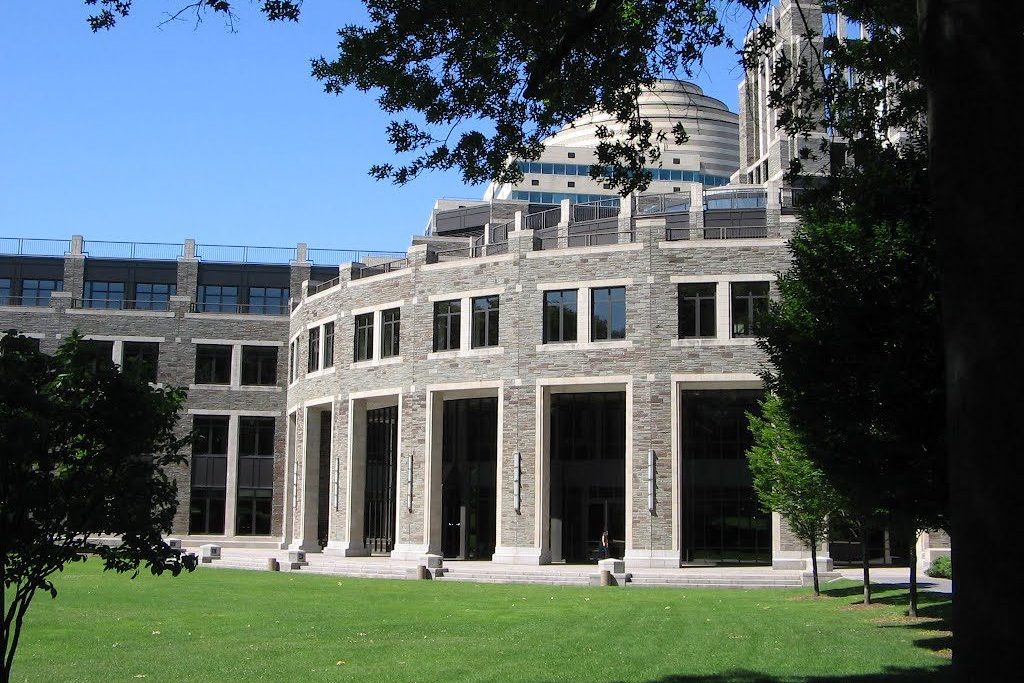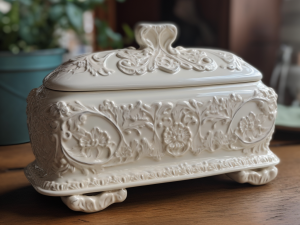Top College Bans Drinking And Eating In All Indoor And Outdoor Spaces
he cases of COVID, along with the new omicron variant, continue to rise in New York City, so do the restrictions seen across college campuses for the return of students, faculty, and staff. At Fordham University, Marco Valera, Vice President for Administration and COVID-19 Coordinator, announced these new restrictions when he updated the college’s protocols in an email, and they are pretty extreme.

As the cases of COVID, along with the new omicron variant, continue to rise in New York City, so do the restrictions seen across college campuses for the return of students, faculty, and staff. At Fordham University, Marco Valera, Vice President for Administration and COVID-19 Coordinator, announced these new restrictions when he updated the college’s protocols in an email, and they are pretty extreme.
The updated policies Valera mentioned revolve around how students are now expected to eat and drink in spaces on campus. Until further notice, there will be no eating or drinking at any athletic events. Food and drink are also not allowed in classrooms and instructional spaces which include laboratories and libraries. Eating and drinking will be prohibited at events or meetings throughout the entire month of January. In addition, the college canceled all of the indoor events through January where food or beverages were expected to be served. On-campus fitness centers have been closed until further notice as well.
So, what these new protocols are basically saying is that students are no longer able to bring their own bottled water into a library. Charlie Friedlander, a Fordham College at Lincoln Center student agrees with some of the new protocols, though finds others head-scratching. “I’m glad they’re taking it seriously, but I’m not sure how realistic it is to expect that students don’t drink water in libraries,” he said via the Observer, Fordham’s on-campus newspaper. “Personally, I do really prefer in-person classes, but it feels like they should’ve just made the first two weeks or so online – especially if they’re expecting people to get boosters and regular testing.”
Before the University went on its winter break on December 22, 2021, they saw a big (for them) spike in cases. Their Fordham Rose Hill campus reached 239 cases before the break and their Fordham Lincoln Center hit 120 cases. Between December 20, 2021, and January 2, 2022, Fordham Rose Hill dropped down to 131 while Fordham Lincoln Center dipped down to 48 cases.
In Valera’s email to the University, he stated that Fordham will be conducting surveillance testing on each campus until the University’s positivity rate falls below acceptable levels. While Valera didn’t mention what this acceptable level was and does not mention any plans to take into account hospitalizations or deaths, he did note that the level would be determined by the college’s epidemiologist and public health officials. It is expected that the logistics for surveillance testing will be announced in the coming weeks.
He does believe that Fordham’s surveillance testing should help. “If Fordham makes testing readily available and accessible to students then it’s a policy that makes sense,” he said. He also feels that if social distancing can happen, then spectators should be allowed into any of the University’s sporting events.
What’s making these new protocols hard for many students to swallow is the fact that by September 2021, more than 99 percent of the students were vaccinated and according to Fordham COVID policy, “no unvaccinated individuals [are] allowed on campus except for individuals with official accommodations or those still completing their vaccination series.” So, when you factor in that the University has nearly 19,000 students, faculty, and staff with the number of COVID cases, they represent an infection rate of around .03 percent.
This has put off some Fordham students. One commenter, Gibbie, remarked of the new policies, “There are two possible stupid reasons for this. 1) They think the virus is transmitted via surfaces. 2) They don’t want people lowering their masks to eat or drink.”
Another student was just as perplexed saying, “So, 58 students who were vaccinated somehow or other tested positive for covid-19. Now Fordham University thinks it might be the bottled water. Sounds very intelligent.” And one more decided to point out the obvious, “Where are students supposed to eat in the cold winter months? It is presently 29 degrees in NYC?”
Along with the new food and drink policies, Fordham’s dining services have been updated. In addition to the limited dining options, grab n’ go meals will be offered to the college’s students. Fordham’s indoor dining will still be available, but only in spaces that allow for adequate social distancing. There will be no indoor dining in spaces that are deemed too small.
Along with all these new campus policies, Valera’s email laid out the required COVID testing procedures students needed to adhere to before they could return to campus. Student COVID tests must be taken no more than 72 hours before they return to campus. They are also allowed to take their tests up to five days after returning to campus. According to the new guidelines, all students returning to campus are required to get their COVID booster shots as soon as possible.
Article continues below headlines

The Best Type Of Butter Dish For Your Home Kitchen
The history of the butter dish is intertwined with the history of butter itself and the evolution of dining etiquette. …
Continue reading "The Best Type Of Butter Dish For Your Home Kitchen"
The post The Best Type Of Butter Dish For Your Home Kitchen appeared first on Tell Me Best.
Continue
Superman Crewmember Found Dead Near Atlanta Set
While much of the attention on the upcoming James Gunn Superman film is the fact that it is now less …Continue reading "Superman Crewmember Found Dead Near Atlanta Set"
ContinueFordham University was established in 1841 as St. John’s College and is a private Jesuit research university. It is the oldest Jesuit and Catholic university in the northeastern United States and the third-oldest university in the state of New York.



